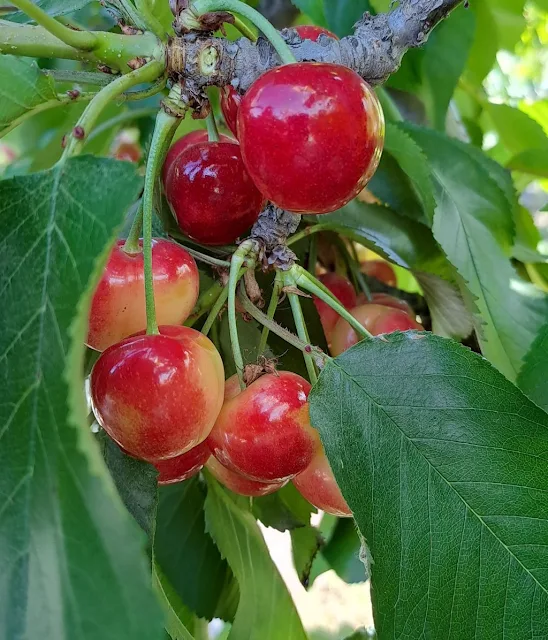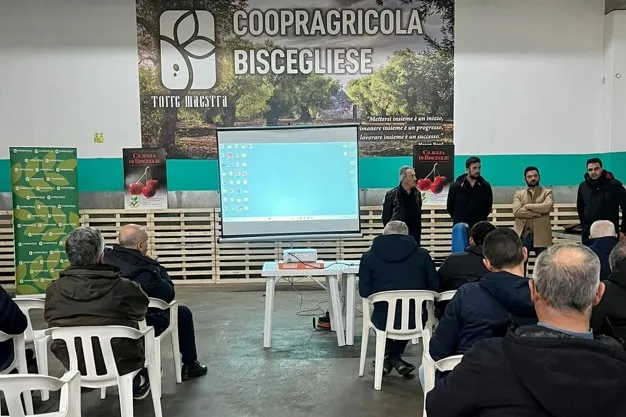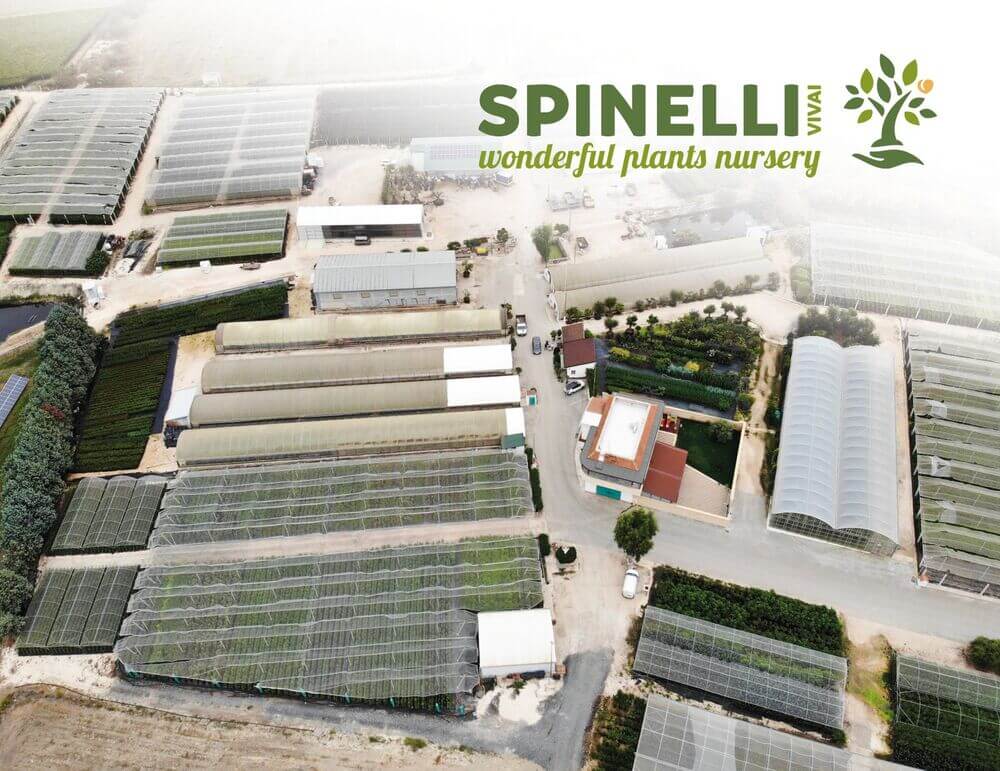During the months of October and November, in three different regions of Chile, consecutive field days were held where producers and exporters had the opportunity to learn about the potential of various cherry selections.
Five successful field days were organized by the Instituto de Investigaciones Agropecuarias (INIA), together with Biofrutales and Corfo, allowing cherry producers and exporters from different regions of the country to learn about the main advancements of the Programa de Mejoramiento Genético (PMG) de Cerezas, an initiative aimed at strengthening the competitiveness of this fruit, a key player in Chilean agricultural exports.
The activities took place on farms located in Ovalle (2 days), Buin, and Rengo (2 days) and provided an opportunity to evaluate early selections, harvested from October 20, and late selections, harvested in the last week of November. These selections reflect innovative work aimed at developing varieties suited to different pedoclimatic conditions while maintaining high-quality standards.
“These field days have been essential to demonstrate how research and development can contribute to the progress of national horticulture. The cherry is an economic driver for Chile, and having improved varieties will allow us to maintain a leadership position while better addressing the challenges of climate change,” said Dr. José Manuel Donoso, researcher at INIA Rayentué and leader of the PMG cherries program.
In over 14 years of work by the Cherry PMG, 74 intermediate and 4 advanced selections have been developed, each evaluated based on its performance under different pedoclimatic conditions. These intermediate and advanced selections represent an important step towards consolidating productive alternatives that are profitable and adapted to the diverse agro-climatic realities of the country, with fruit of excellent quality.

For Rodrigo Cruzat, director of Biofrutales, these conferences “allow us to present the advancements of the PMG to the partners of this program, producers, and also the authorities in the area. This way, we aim to ensure long-term support for improvement and increased production.”
The initial stages of crossbreeding and selection should be supported by the public sector and private stakeholders at a national level. For scaling up, we can work regionally, selecting and adapting for more specific conditions. The idea is to create cross-sector capabilities with local downscaling.”
Participants in the field days also had the chance to observe firsthand how each selection performs in different types of soil and climate. This enables them to adapt production strategies and strengthen technology transfer to farmers, a fundamental pillar for the sustainable development of Chilean agriculture.
With the future of the PMG focused on generating productive options adapted over the next five years, INIA reaffirms its commitment to leading processes of research, development, and innovation that have a direct impact on the competitiveness and sustainability of the fruit sector.
Source: Paislobo
Images: Paislobo
Cherry Times - All rights reserved











